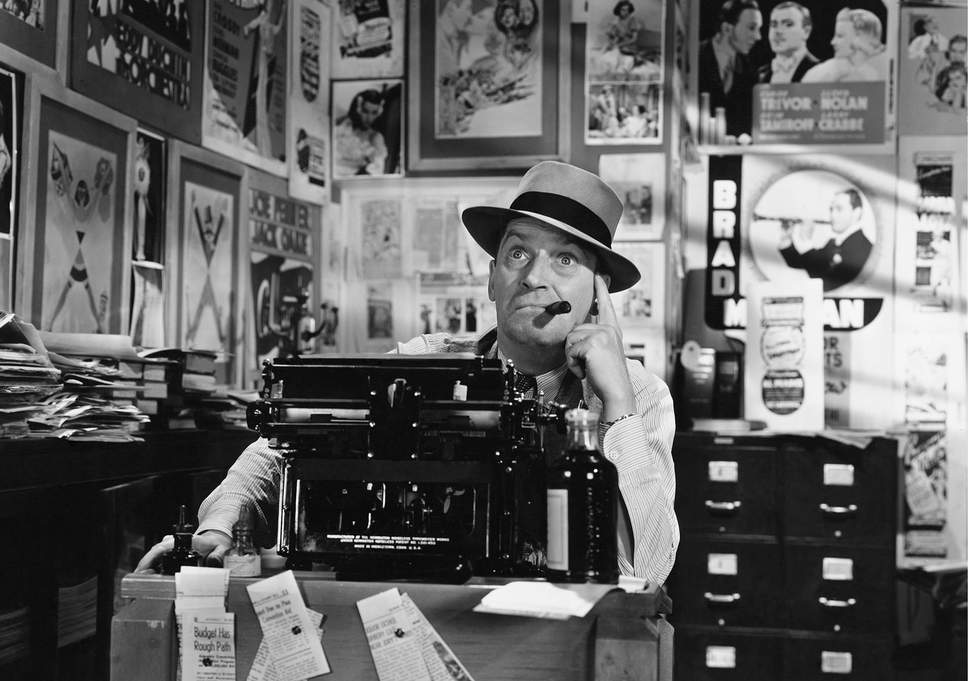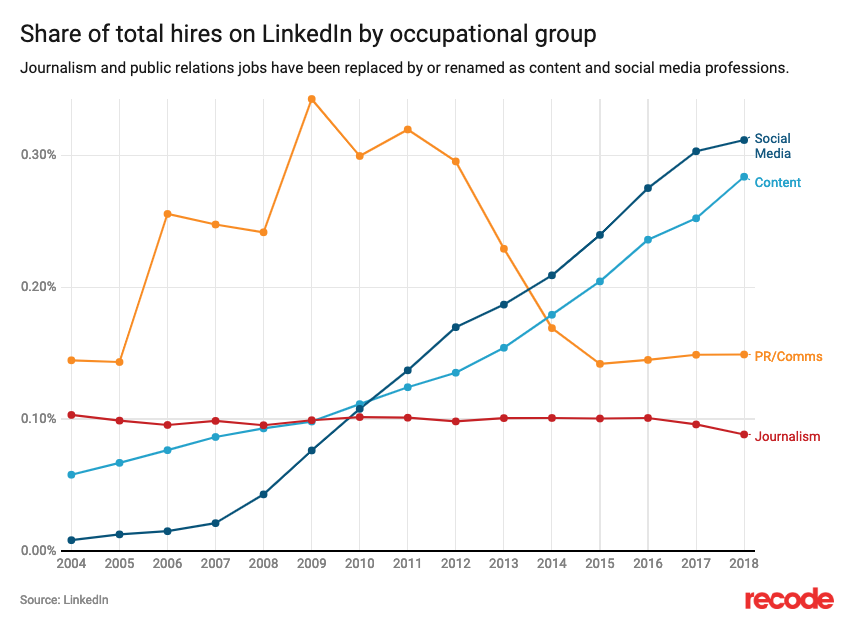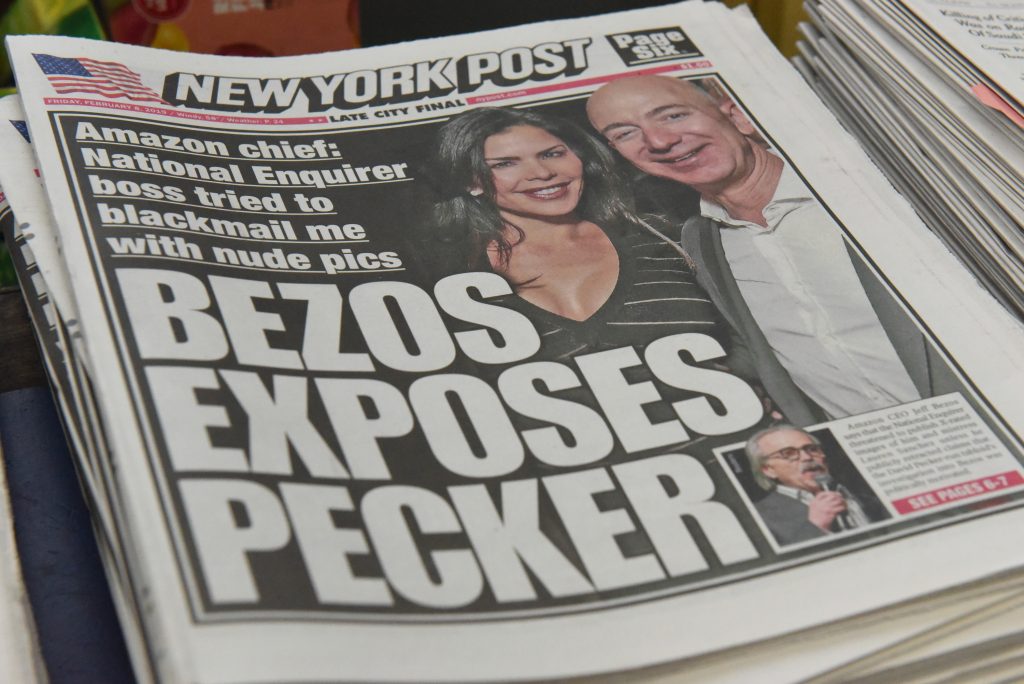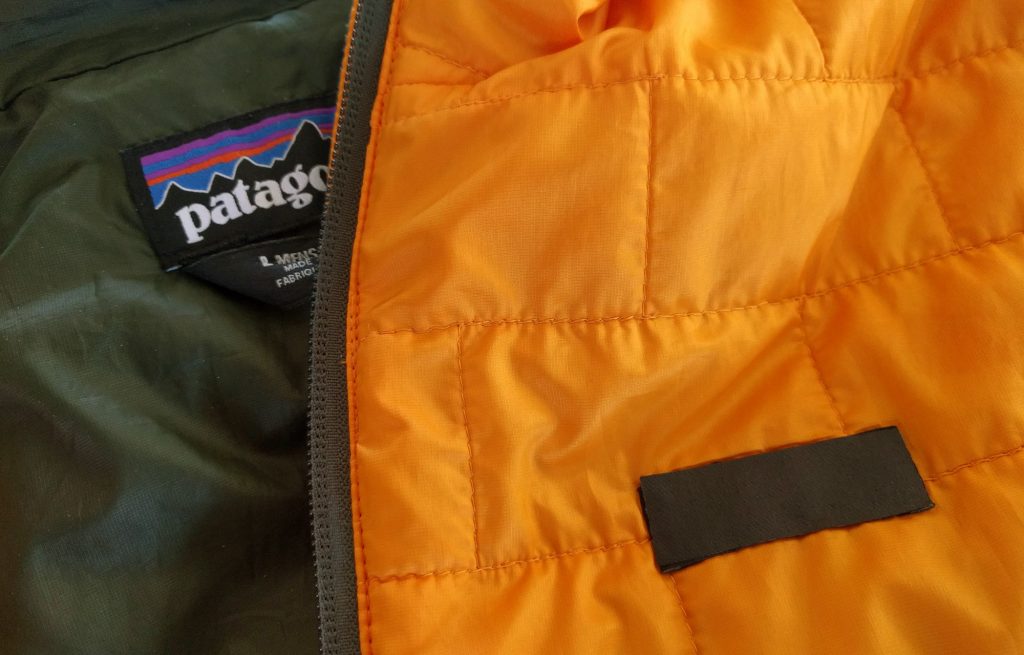Julian Assange, the notorious publisher of Wikileaks, exposer of secrets, and champion of whistle-blowers has been booted from the Ecuadorian consulate in London where he had been provided political asylum for the past seven years. His crime? Besides his poor personal hygiene, the famous hacktivist is accused of hacking the email account of his landlord, the president of Ecuador.

Now that he is in custody of the UK police, he will likely be extradited to the US to stand trial for his participation in the hacking of military computer systems. Aiding and abetting Pvt. Bradley/Chelsea Manning in his/her hacking of a Defense Department computer to gain access to secrets about the US wars in Afghanistan and Iraq may be just the first round of indictments for Assange. But before that can happen Assange, an Australian citizen, would have to be extradited to the US. According to reporting in USA Today, “The U.K. courts will need to resolve what appears to be an unprecedented effort by the United States seeking to extradite a foreign journalist to face criminal charges for publishing truthful information,” said Barry Pollack, the U.S.-based lawyer who represents Assange.
Whether there are additional charges may depend on whether US law enforcement officials believe they can convince the courts that Assange is NOT a journalist and was not acting in a journalist capacity. If he IS a journalist, the chances of gaining convictions for procuring and publishing state secrets are greatly diminished. But if Assange cannot find protection under the cover rightly afforded to journalists he might spend the rest of his life behind bars.
Supermax may not feel much different than the past 7 years holed up in a room in the Ecuadorian consulate.




